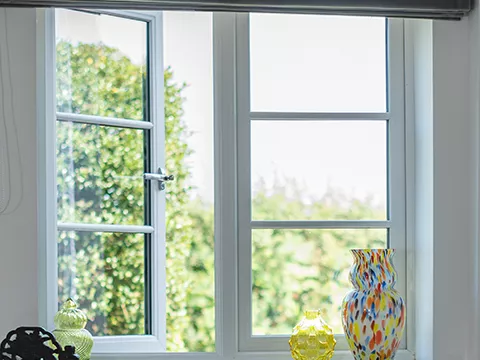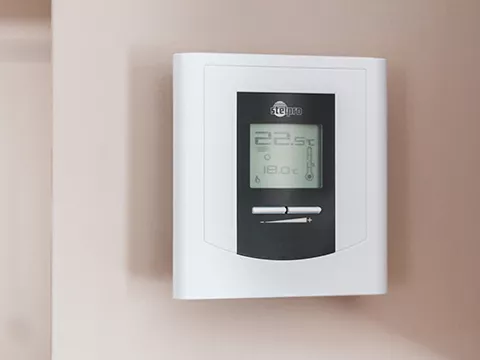Everyone is welcome to come in and browse around our Swindon or Oxford showroom, where our friendly sales team will be pleased to help with any questions you may have.
3 Easy Solutions To Prevent Condensation

Whenever there’s too much humidity in your home, condensation appears. Condensation forms when warm, humid air hits a cold surface.
For this reason, condensation is a problem when the temperature drops around this time of year, as we continue to do everyday, humidity-causing activities such as showering and cooking.
While condensation does not sound like a threat, it can cause mould and mildew in the home. This can lead to health complications for those living in the house.
Don’t panic! Follow our easy solutions to prevent condensation from harming your health and home.
Get your ventilation right
Many of our everyday activities cause humidity levels in the home to rise. This could be everything from bathing, to cooking, to even boiling the kettle.
To counteract this humidity, it is vital to open windows regularly. This is crucial when doing the above tasks, or simply to let fresh air in now and again.
Kitchens and bathrooms experience the most humidity so special attention should be given to those rooms.

Make use of your washing line
If you are serious about reducing the likelihood of condensation forming, you should rethink how you dry your clothes. The use of radiators or tumble dryers can be a factor in causing condensation.
Instead, you should make use of your washing line and dry your clothes outside. This will reduce the moisture in the air that occurs when drying your clothes inside.

Be consistent with your heating
As condensation forms when warm air comes into contact with a cold surface, the temperature of our home plays a big part in fixing the problem.
Heating should be kept at a constant, low heat. Rather than allowing the temperature of your house to go up and down, it should be kept consistent.

If the issue of condensation persists, you may want to re-examine how your current windows are performing. You are more likely to experience condensation if your windows are single glazed, and therefore you may be open to consider double or triple glazing.
If you want to discuss how your windows can play a big part at keeping condensation at bay, get in touch here.
Want to speak with an Advisor? Give us a call on 01793 781413
Our friendly team will be pleased to help with any questions you may have.
